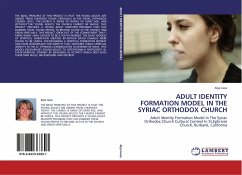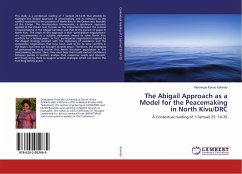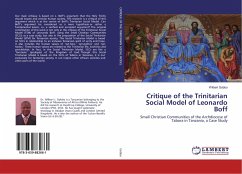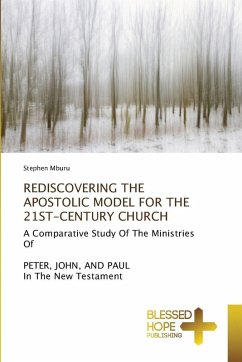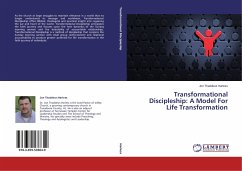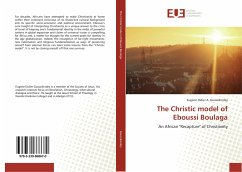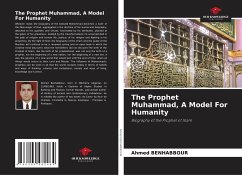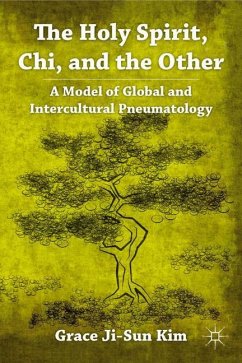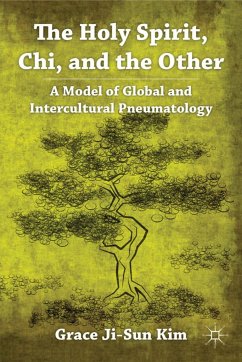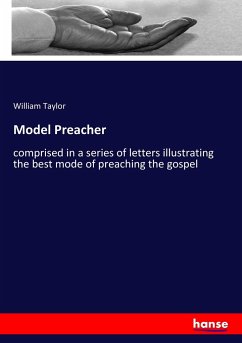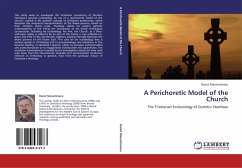
A Perichoretic Model of the Church
The Trinitarian Ecclesiology of Dumitru Staniloae
Versandkostenfrei!
Versandfertig in 6-10 Tagen
52,99 €
inkl. MwSt.

PAYBACK Punkte
26 °P sammeln!
This study seeks to investigate the trinitarian consistency of Dumitru Staniloae s general ecclesiology, by use of a perichoretic model of the church , rooted in the patristic concept of trinitarian perichoresis, which describes the reciprocal interpenetration of the divine persons, based on their common divine ousia. Staniloae makes his eastern patristic understanding of the Trinity the foundation of his whole theological construction, including his ecclesiology. For him, the Church, as a theo-anthropic reality, is called to be an icon of the Trinity, a true reflection in space and time of th...
This study seeks to investigate the trinitarian consistency of Dumitru Staniloae s general ecclesiology, by use of a perichoretic model of the church , rooted in the patristic concept of trinitarian perichoresis, which describes the reciprocal interpenetration of the divine persons, based on their common divine ousia. Staniloae makes his eastern patristic understanding of the Trinity the foundation of his whole theological construction, including his ecclesiology. For him, the Church, as a theo-anthropic reality, is called to be an icon of the Trinity, a true reflection in space and time of the perichoretic relations existing eternally between the divine persons of the triune God. This calls for an ecclesiology that is rooted equally in Christology and in pneumatology, any imbalance in this dynamic leading, in Staniloae s opinion, either to excessive institutionalism and authoritarianism or to exaggerated individualism and subjectivism. The trinitarian inconsistencies revealed bythe investigation model we have used arise more from the characteristic clericalist and sacramentalist tendencies inherent to Orthodoxy in general, than from the particular nature of Staniloae s theology.



